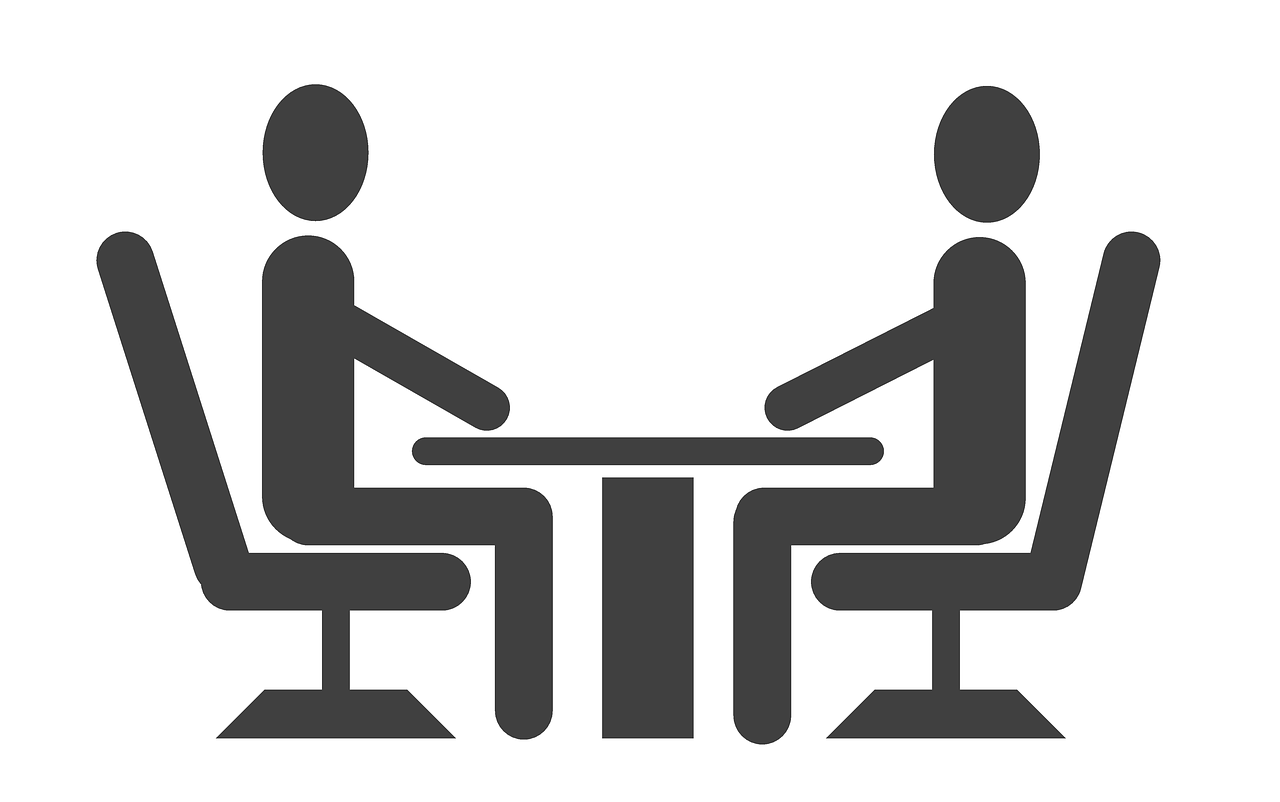If you are a candidate, you must be familiar with and prepared for the commonly-used interview questions most hiring managers, recruiters, and HR professionals use during the initial interviews.
If not, then this must be the right time to start brushing up on your skills.
The first impression lasts a long time (if not forever), and the interview is the first point of contact between the company and future employees. The initial impression works both ways for employers and employees, a stage in the recruitment cycle where both sides try to create a positive impact.
Interviewing is an essential step of the hiring process that employers can’t afford to fail in. It is the foundation for strengthening the talent management effort of an organization. Interviewing is not exclusively for the benefit of prospective employers alone. During this stage of the hiring process, employers and employees will decide if their values, culture, skills, and needs are parallel with their respective goals. You must keep in mind that a workplace should be a nurturing place that encourages partnership and similar growth on either side.
A successful HR professional understands how important is the interview process to support the organizational objectives. That’s why, during the initial screening, they can freely use a structured or unstructured set of questions to extract the information they need from each candidate.

Commonly used interview questions – what do they aim to achieve?
- Excellent source of information for the organization – by speaking with candidates from various backgrounds and industries, the company gets valuable information about employee expectations, needs, and short and long-term goals that allow them to improve their strategies for talent retention and career development plans.
- Provide insights – allows the HR to learn about the candidates and gather insights on their areas of improvement and perceived weaknesses as managers. These insights can guide them to improve their leadership style and align with the organization’s talent management efforts.
- Transparent assessment – in addition to what’s written in the resume or cv, the in-person or virtual interviews allow the recruiting officer to gather in-depth information about the potential employees’ skills and technical knowledge. In the same way, the applicant assesses the potential employer if they are a good fit.
- Learn from the candidates – Hiring officers do not know everything. During the interview, candidates may try to impress the manager and provide additional information that may help HR in the selection process.
- Get to know your future colleagues – an interview can be the first among many interactions and collaborations with your future colleagues. If the vibes are good and the working conditions meet the expectations, then an interview can be a good start to something productive.
Finding the perfect candidate for a job can be daunting for an HR professional. Repeatedly doing the process day in and day out can put a lot of pressure on hiring managers, especially if they cannot find the ideal candidate they are looking for. This is the (necessary) downside of the hiring process.
- Tedious – HR professionals spend a lot of time interviewing candidates that do not match their requirements and expectations. Some professionals view the lengthy hiring procedure as a waste of time.
- Difficult to gauge the validity of information – since both sides of the interview table try to impress each other, there is a certain level of unspoken distrust that prevents either of them to trust the exchange of information.
- Personal bias and preconceived notion – unbiased comparison between candidates is one of the struggles among HR practitioners. Stereotyping and preconceived notions about one’s race, religion, and culture sometimes distort the assessment procedure for talent acquisition.
The right answers to commonly asked interview questions every job seeker should prepare for
Each organization is unique, and though some commonly asked interview questions may be the same, their desired answers differ.
- Can you tell me something about yourself?
- This can be a tricky question. The prospective employer wants to get acquainted with their employees, but not in a boring way. Candidates must be good storytellers of their life experiences, struggles, triumphs, and goals. However, the story should justify why you are a good fit for the job.
- How did find out about this job opening?
- Be specific. They want to know if you are actively or casually looking for employment. It reflects how interested you are to work with their company, or they are (merely) one of your choices.
- What is your preferred company setup or company culture?
- It is heartwarming to know if the applicants conduct a little research about the company they want to work for. This question deserves an answer that favors the future employer’s work culture and core values. It pays to stalk them a little before your scheduled interview.
- How do you handle work pressure?
- Employers want employees who don’t succumb to work-related pressures such as deadlines and efficiency. Work pressure always comes and goes. Reassuring the employer that you can deal with stress gracefully and calmly gives you an edge to bag that role.
- Are you comfortable working alone or with a team?
- It is a plus factor if an employee can work independently and deliver the task effectively. However, at some point, you should be comfortable collaborating and cooperating with other team members to improve productivity and promote a positive work environment and teamwork.
- How do you balance your time at work and home? Are you the “by the number kind of person, or do you deal with the pressure as they come?
- The company wants to know if you are organized and responsible on the personal and professional front. These are the same traits an efficient and reliable employee possesses.
- What is your opinion about continuous learning?
- It helps impress the employer if you are particularly concerned about brushing up on your skills every now and then. It indicates your seriousness about your goals and career development.
- How much do you draw right now, and what are your salary expectations from this company?
- Employers want to know if your asking rate is within their budget for the job role. This is one of the times when you must hold your ground and not compromise on your worth. Justify why you deserve your asking rate.
- Do you have other pending applications with other companies? If you do, how far have you gone in their hiring process?
- Be honest. However, this question tests your sincerity in applying for their company. The HR manager wants to confirm your position to your answer to the second question if you are casually looking for a job or if your intention to join their company is sincere.
- How soon can you join if you get selected for the position?
- Be specific and transparent. If you have a non-negotiable 30-days notice period (if currently employed) after submitting your resignation, feel free to talk about it. Remember, for the company to trust you, you must give them a reason to do so, transparency is one of them.
Not all interviews end up with onboarding, but each conversation with an HR professional must be a learning experience you can utilize as you move along. Familiarize and prepare yourself with the commonly used interview questions and nail that interview.
Happy Hunting!
Please let us know how we can help you by sending us a message, email, or voice call.



